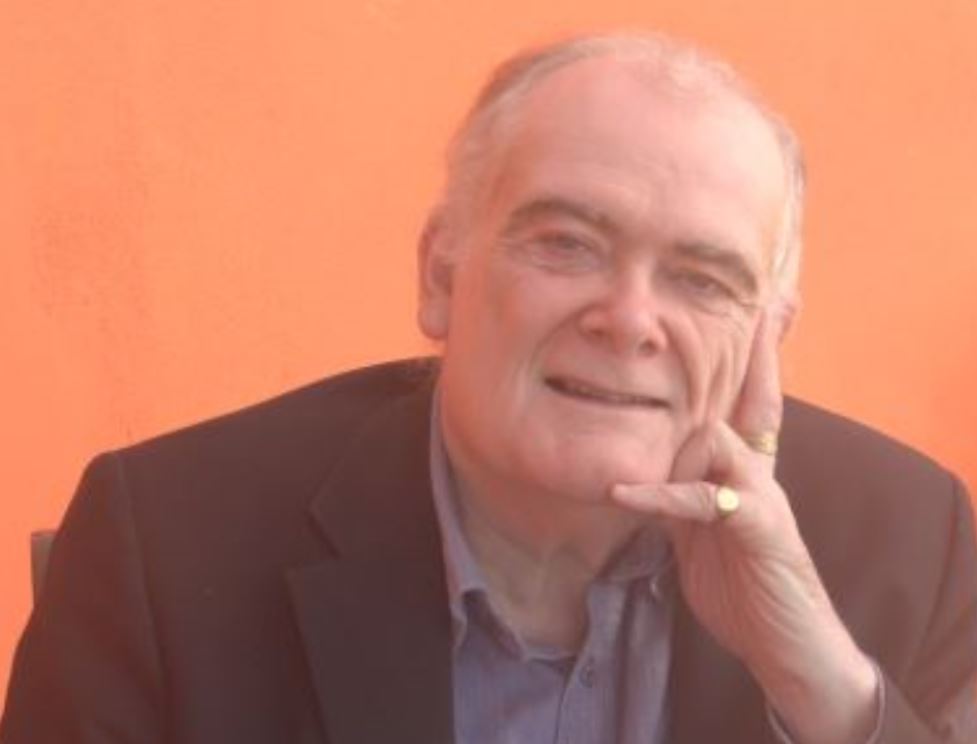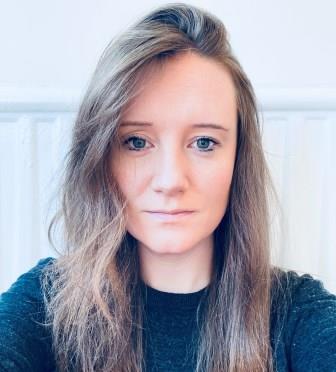BCRPM are delighted to welcome two new members: journalist, author, broadcaster and speaker Bruce Clark, and political philosopher Dr Rebecca Lowe.
Bruce is a broadcaster and speaker on a wide range of subjects including religion and geopolitics, the history of southeastern Europe and the story of textiles. He is the online religion editor of The Economist, and often contributes to other publications. He served on the committee of the Maghera Historical Society and has a strong interest in the local history of my corner of Northern Ireland, especially its linen heritage and its early American connections. He has been an active participant in global debates organised by the Ecumenical Patriarch on the subject of faith and the environment. The early Christian history of Ireland and Scotland is another strong personal interest.
Since 1998, Bruceworked mainly for The Economist, covering everything from conflict in the Balkans to transatlantic relations and comparative religion. Between 2002 and early 2004 he took a sabbatical to research the history of forced migration between Greece and Turkey. In 2006, he launched the international pages of The Economist’s foreign news section, a new editorial feature devoted to broad global topics from disarmament to development.
Before joining The Economist, Bruce also served as diplomatic correspondent for the Financial Times, working in London, Brussels and then Washington DC. From 1990-1993, he was a correspondent for The Times in Moscow, covering the fall of communism and Russia’s post-Soviet transition. In an earlier stint at the Financial Times, he was editor of the European news section. His first job as a journalist was with Reuters, as a junior correspondent in Paris and as the agency’s main correspondent in Athens. Thanks to these jobs early in his career, he has a good working knowledge of French, modern Greek and Russian and says that he can also 'get along in Italian, Dutch, German and Spanish'.
At Saint John’s College, Cambridge, he studied Philosophy and then Social and Political Sciences, graduating with a BA in 1979. Before that he was educated at Maghera Primary School, Brook House School in Dublin and Shrewsbury School.
Bruce Clark has written three books:
An Empire’s New Clothes: The End of Russia’s Liberal Dream was published by Vintage Paperbacks in 1995.
Twice A Stranger: How Forced Migration Forged Modern Greece and Turkey. Published by Granta in the UK in 2005 and Harvard University Press in the USA in 2007.
Athens: City of Wisdom, 2022.
Buce Clark has also written articles on the Parthenon Marbles, includung 'Stealing Beauty' published in 2021 and more recently 'Law, Morals and the Parthenon Marbles'.

Dr Rebecca Lowe
Rebecca is a political philosopher, whose current academic interests range from moral property rights to the value of democracy. She also works on political and economic research issues as a consultant, including an ongoing engagement as Research Director for a patient-capital investment company.
Rebecca is a Senior Reader in the Canterbury Institute in Oxford. She is the former Director of FREER, a think tank advancing economically and socially liberal ideas.
Rebecca has worked for various other research organisations, including Policy Exchange, where she was State and Society Fellow, and convenor of the Research Group on Political Thought.
